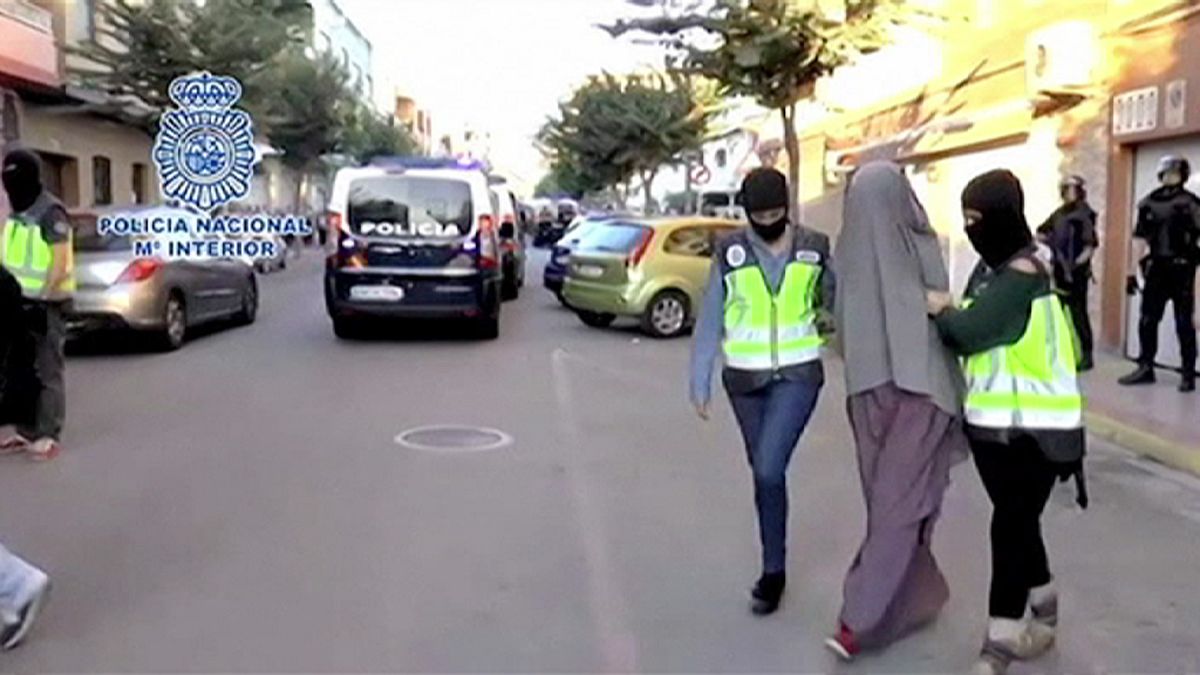An increasing number of young people from different backgrounds, Muslim and non-Muslim, wealthy and poor, are deciding to leave their native Europe
An increasing number of young people from different backgrounds, Muslim and non-Muslim, wealthy and poor, are deciding to leave their native Europe to join ISIL or other militant groups, in Syria and elsewhere.
Arrests of suspected recruiters are going up too, including in Spain.
There is also a tightening of laws, alongside information campaigns in countries such as Britain and France.
In recent years, it has become clear that prospective fighters are more likely to be attracted by internet videos or recruiters who take a more direct approach.
According to Interpol, between three and five thousand fighters are from Europe. Sixty-five percent of those are are under 25 and 40 percent are women.
Fifteen hundred are said to be from France and there has been an 84 percent increase in those leaving the country this year compared to 2014.
The French government has been running a campaign to tackle the issue at source.
Called Stop Jihadism, it involves families affected by radicalisation. The public is encouraged to report any suspicions.
Video from last year purportedly show young people from France burning their passports declaring their allegiance to ISIL and threatening attacks.
To fight against this, the origin of this kind of thinking has to be understood.
But those leaving Europe to fight have different profiles and their own different reasons for their actions. What is clear though is that many are following a path of violent extremism.
It is a cause of concern for governments. Some say jail time plays a role.
“There is a 15 percent chance of radicalisation inside prison,” said French Justice Minister Christine Taubira.
“Anyway, we have implemented a detection device, a tracking device, and an entire detection and de-radicalisation programme,” she added in remarks to an EU anti-radicalisation conference in Brussels.
The European Commission organised Monday’s meeting to exchange ideas. It pointed to the UK as a model to follow.
“From the UK I heard repeatedly that they do individual work with every person,” said Vera Jourova, the EU’s justice commissioner.
“They are asking them, those in prisons or those who already left prisons what were the reasons why they got radicalised. What would they need from the society to get back to society?”
